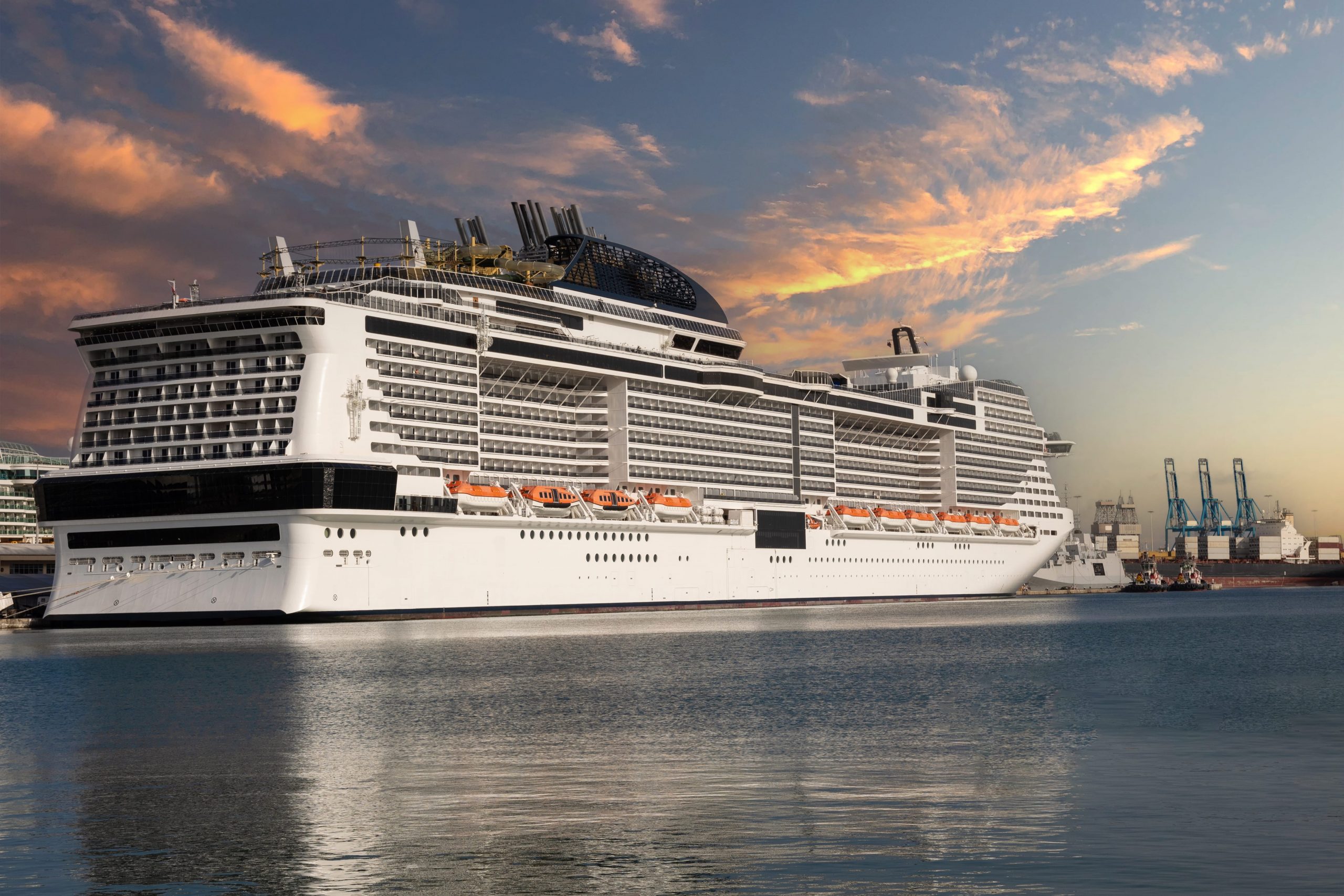Cruise Line Travel is defined as a round-trip voyage that begins and ends in the same port. There are various types of cruises, from “economic” (usually just for day trips) to the more luxurious “luxury” type with additional amenities.
Cruise ships are large vessels capable of transporting hundreds of passengers in comfort, along with professional staff. They offer various on-board activities and dining options and can be used for either short trips to one destination or longer journeys that include multiple stops.
Cruise lines typically plan their itineraries ahead of time. The number and order of port calls are established, the speed is established, and maintenance and refueling (if necessary) take place to guarantee a stress-free sailing experience for all travelers.
The design of these itineraries varies by region. Popular destinations include the Caribbean, Mediterranean, Alaska and Hawaii; additionally, Baltic, Norwegian and New England offer seasonal markets.
As the global population continues to increase, more port cities are being constructed for cruise passengers. Some of these newer ports can be driven-to, making embarkation easier and avoiding airport hassles for travelers.
For many, taking a cruise is an expensive but worthwhile investment in both time and money. To ensure that the experience is worth every penny spent, it’s essential to ensure it meets all expectations.
Finding a cruise line to fit your needs and budget can be done by searching available cruises on various online travel sites or talking to an agent who specializes in cruising. Some websites, such as Expedia, have direct connections to cruise line booking systems and provide availability from these sources.
Before booking your cruise, it is essential to complete all personal details about each member of your travel group. This includes names and addresses, dates of birth and passport numbers for everyone in the party; in addition, make sure all papers reflecting those details reflect each person’s full name – such as airline tickets, boarding passes and visas.
Once you’ve submitted all necessary details and paid for your cruise, it is essential that you register on the cruise line’s website promptly. A few months before embarking on your voyage, they will send a set of registration papers (one or all for each person in your travel group) with all pertinent data.
It is imperative that you read your cruise contract thoroughly, as it usually provides specific instructions on boarding times and other requirements to be fulfilled by you and your travel group. In some cases, the contract may state that you must be present to board at the specified date and time; additionally, any airfare or other costs paid should you not be able to board at that time.
If you are uncertain about any aspect of your cruise, contact the cruise line or travel agent immediately to ask questions and receive advice. They can offer guidance on everything from what to pack for a successful vacation, selecting the ideal cruise for your needs and preferences, and getting around during your chosen itinerary.










